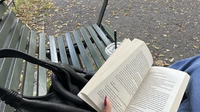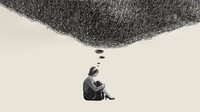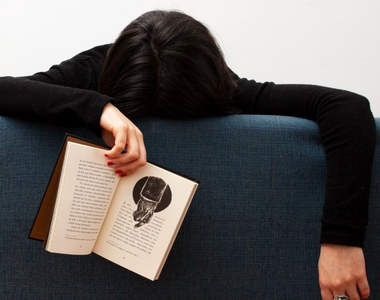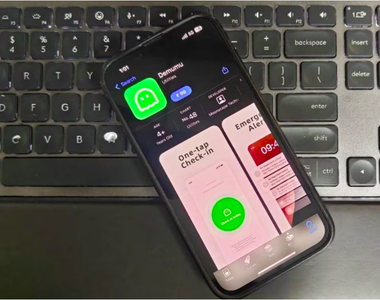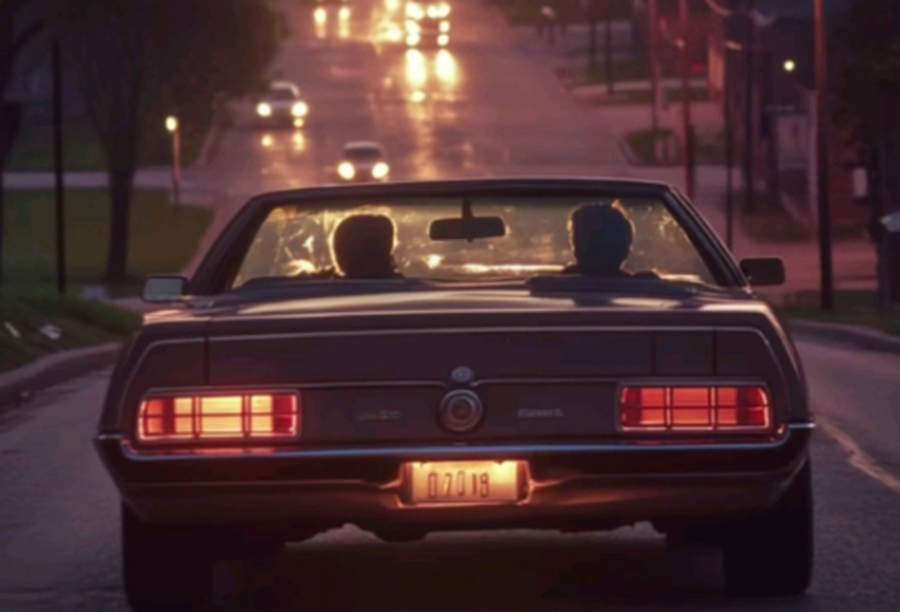
A licensed therapist, Jeffrey Meltzer, has an interesting theory: the way you drive can reveal a lot more about you than you think. According to him, everything from the way you merge into another lane to how hard you press the gas pedal is related to your patience, anger control, risk-taking, and even empathy.
Driving is more than just getting from point A to point B.
Meltzer says that driving is actually a "social situation." But even when you're alone in the car, you're interacting with others in traffic. And in this "nonverbal communication," key personality traits come to the fore: how patient you are, how easily you lose control, whether you're impulsive or not, and above all, how much you think about others.
What does your driving style say about you?
Frequent lane changes = Impulsiveness (and maybe a little selfishness)
If you find yourself "zig-zagging" between cars just to be one car ahead... you're not alone. But, according to the therapist, this behavior indicates impulsiveness and a kind of egocentrism. Ironically, the same people who do this can't stand it when someone else does it to them!
How you get on the road = How important you feel in this world (or how hard it is for you to say 'no')
When someone doesn't let anyone get in front of them on the street, it can indicate high feelings of superiority or selfishness. On the other hand, if you always give way to others even when it's your turn, you may be a person who has a hard time setting boundaries.
How you behave in traffic = Your patience with life
If you can sing or listen to podcasts in traffic while others are wheezing and pounding the steering wheel, congratulations, you have excellent stress management skills. According to Meltzer:
"The way you react in traffic shows whether you are able to wait calmly or explode the first second something goes wrong."
Anger at the wheel = What you're emotionally chewing up (and not getting it out properly)
Although Meltzer doesn't mention it in detail, "road rage" is a field all its own. Young men are typically more prone to outbursts in traffic. But, at its core, outbursts usually stem from unexpressed emotions like frustration, stress, or other feelings that have found no outlet other than the car window.
So, your car is a kind of mirror for your character. How you behave in traffic is often a "filtered" version of who you are in real life. Do you want to become more patient, more compassionate, less impulsive? Maybe you don't need therapy, start by letting someone in front of you at the traffic light.

